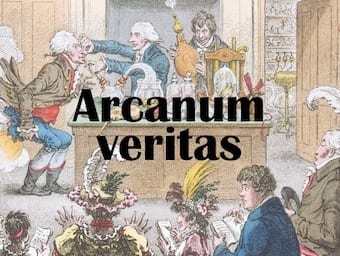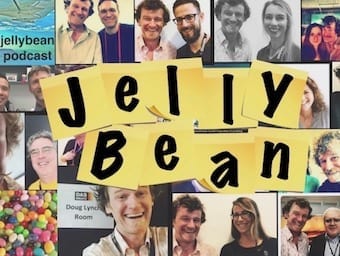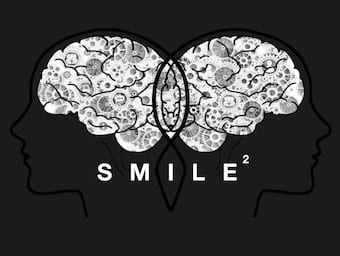
Leave the Sim Lab Behind
Jesse Spurr recaps the SMACC Chicago in situ simulation workshop, "Leaving the Sim Lab Behind" (includes recommended resources)

Jesse Spurr recaps the SMACC Chicago in situ simulation workshop, "Leaving the Sim Lab Behind" (includes recommended resources)

Can social media bridge the gap between research and practice? This is the question raised by Paul Young, Chris Nickson and Dash Gantner in this month's edition of Critical Care and Resuscitation.

An expert panel from last year's Wilderness Medical Society Annual Meeting have produced Guidelines for the Treatment and Prevention of Lightning Injuries

Resources and the run down for the "Learning to take the Heat" workshop held at SMACC Chicago 2015
So brilliant to see #FOAMed resources being used around the world. Here is an example of resources being used in Mongolia...

This video features John Kheir from the cardiac PICU at Boston’ Children’s Hospital talking at TEDMED. The talk begins with the story of a tragic PICU case and leads to Kheir explaining his obsession with figuring out how to administer oxygen microparticles…

Dr Susanna Price. The GUCH Jellybean. CICMxJellybean 2018 recorded at the College of Intensive Care Medicine’s ASM Hobart, Tasmania.

Welcome to the 347th LITFL Review! Your regular and reliable source for the highest highlights, sneakiest sneak peeks and loudest shout-outs from the webbed world of emergency medicine and critical care. Each week the LITFL team casts the spotlight on…

Your next patient is a 2 year-old girl who has sustained a burn.... to her mouth. See if you know your stuff in this case-based Q&A post.

It’s been a rough week in southeast Tennessee. Two people died in two days on Grumpy’s rapid past Ocoee Dam No. 2. Just how common is death due to whitewater rafting? Wilson et al reviewed 16 articles in the primary…

Peter Saul, an Australian intensivist, presents a TEDx talk in which he tells of the crisis of death in the 21st century and implores us all to start talking about dying.

Every doctor makes mistakes, and every doctor knows this. Yet the mantra of traditional medical culture is that doctors must be perfect. I think this culture is changing, but perhaps not fast enough.